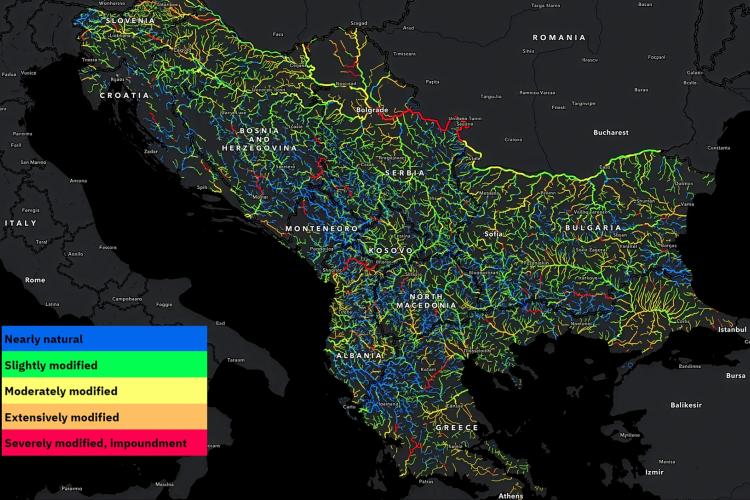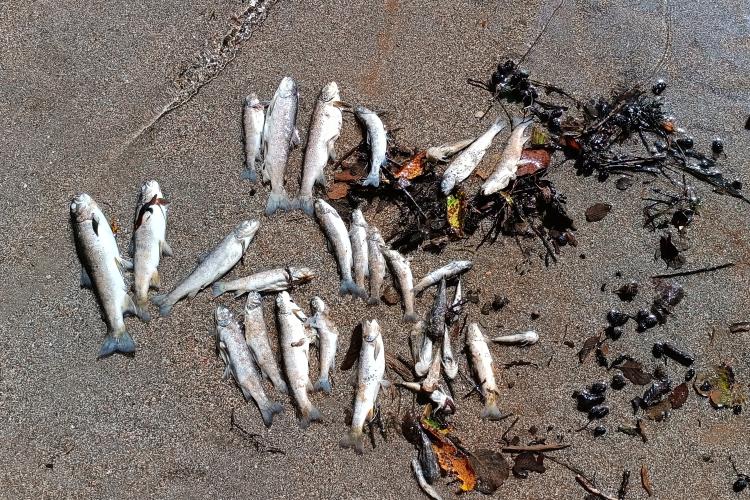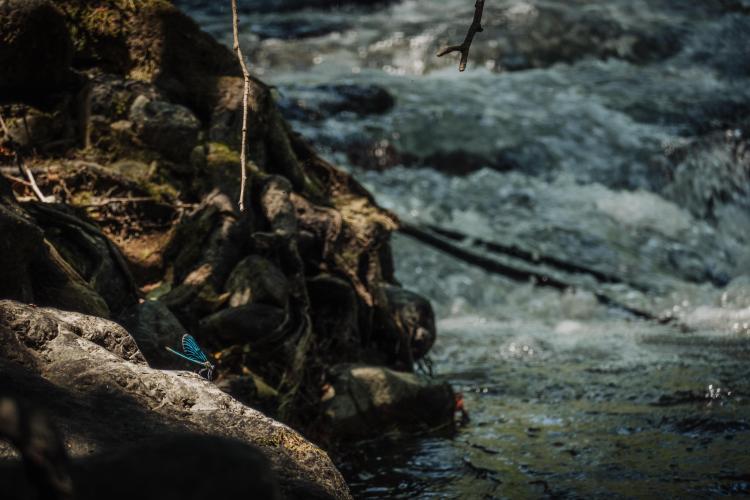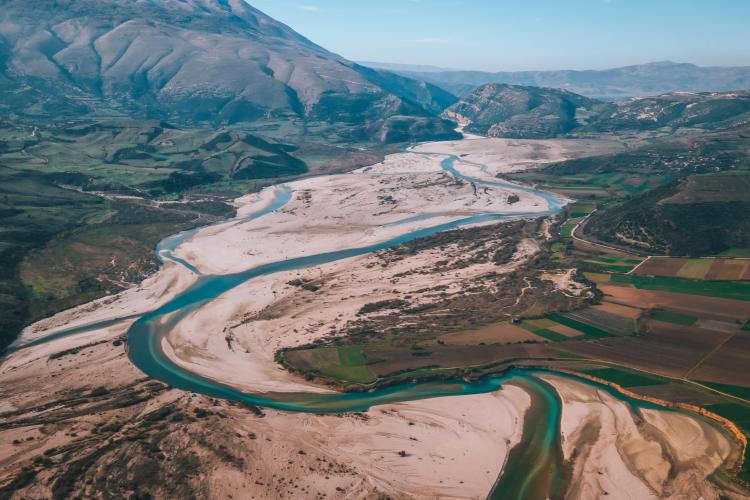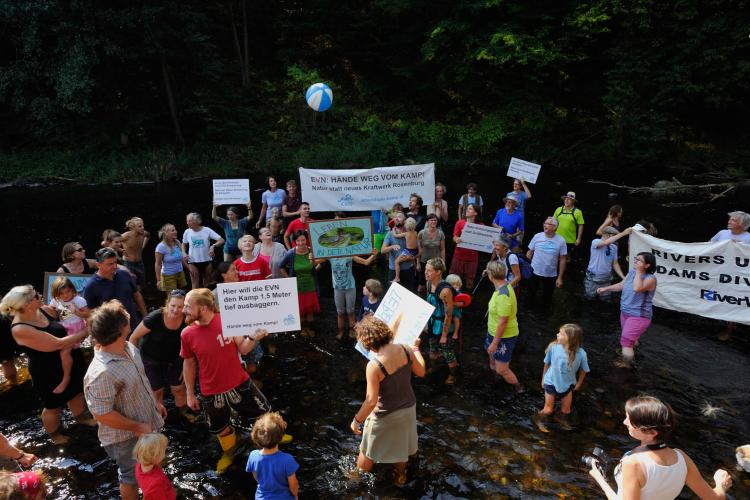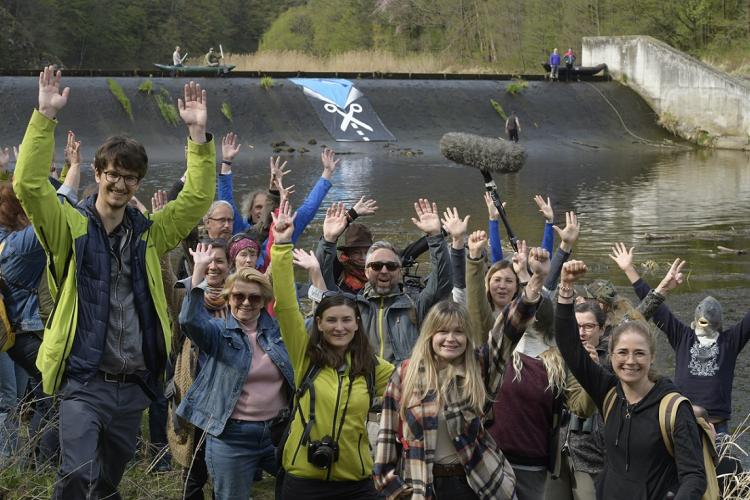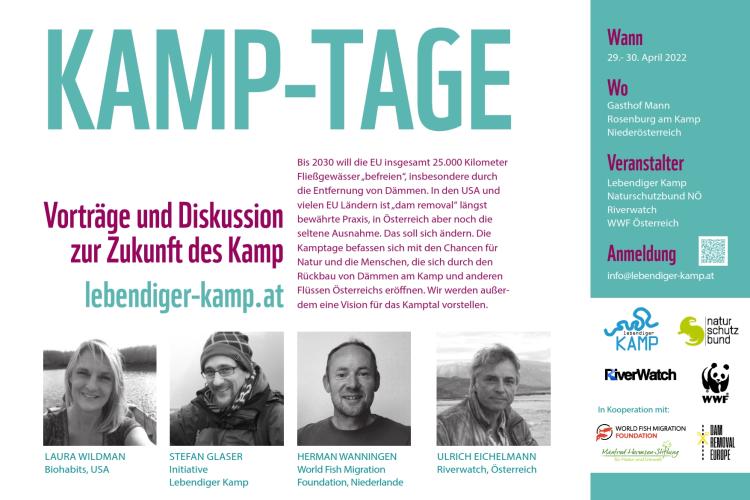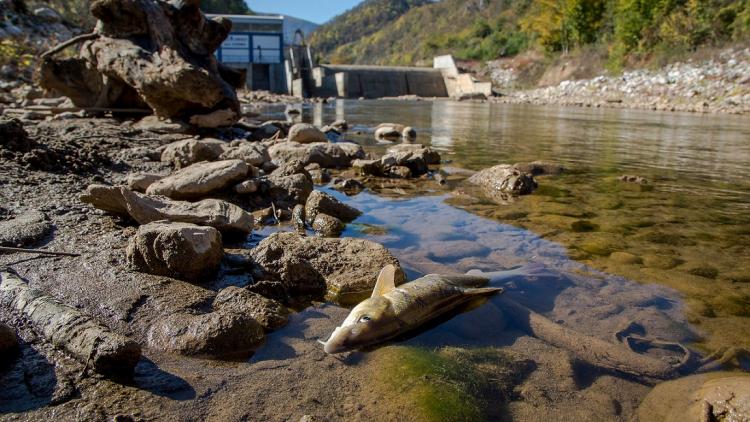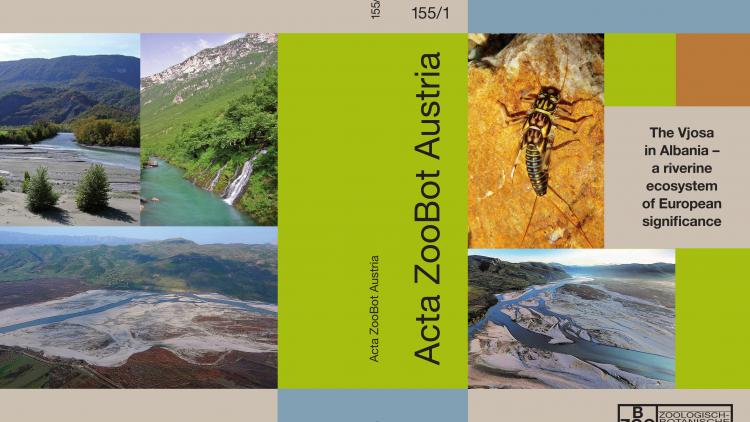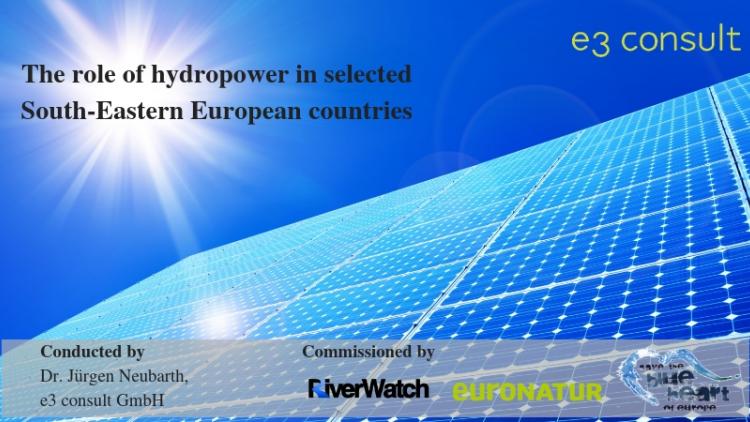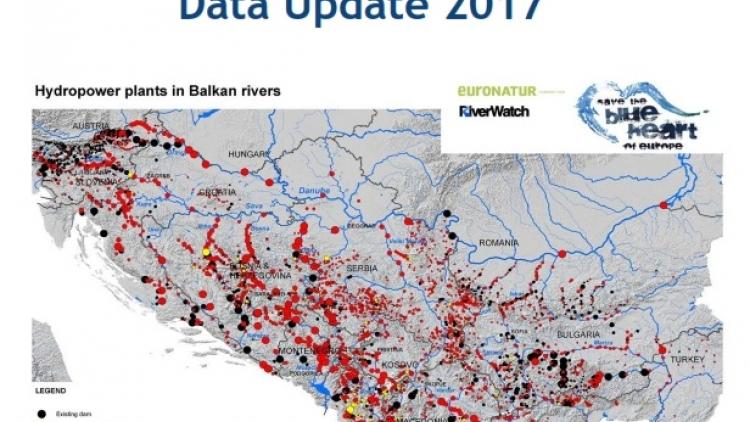Hydropower plants are one of the main causes for the decline of numerous fish species in the Mediterranean region. This is the result of a new study. In total, 251 endangered freshwater fish species along with their stock situation in rivers in the Mediterranean basin were recorded. The impact of existing and planned hydropower plants on these populations was also evaluated.
The first pan-European inventory of existing and planned hydropower plants shows the immense pressure on rivers throughout the continent. In addition to the 21,387 existing hydropower plants, another 8,785 are planned, mainly in the Alps and the Balkans. Devastating impacts on biodiversity and society are to be expected.
Freshwater systems are threatened like no other ecosystem globally. In Europe, the last intact rivers are located in the Balkans, but are severely at risk due to 3000 dam projects. We have come up with a scientifically founded plan to protect these river jewels: the Eco-Masterplan for Balkan Rivers. For the purpose of today’s World Water Day, we present to you this video explaining it in two minutes.
More than 60 scientists from Albania, Austria and Germany have collected their knowledge about the biodiversity and ecology of the Vjosa on 385 pages. The comprehensive study "The Vjosa in Albania - a riverine ecosystem of European significance", published in Acta ZooBot Austria, was presented by the lead scientists at Tirana International Hotel on December 6th.
++ 80,000 kilometers of rivers in the Balkans scientifically assessed ++ 76 percent thereof identified as no-go zones for hydropower development ++ Switch in energy policy is necessary and possible ++ Three quarters of the rivers in the Balkans are ecologically so valuable, that they should be completely off limits for hydropower development. This is the conclusion of the Eco-Masterplan, which was published today.
The countries in the Balkans are facing a dilemma: they must fulfill the EU renewable targets while also follow environmental legislation. This raises the question: Is it possible to increase the renewable energy share AND keep the Balkan Rivers alive? We commissioned an energy expert with this question and his study shows that there is no need for new hydropower!
The study finds that the number of hydropower projects in the region that enjoy financial support from multilateral development banks and commercial banks, is even greater than previously known.
Within the context of the Blue Heart of Europe campaign, the NGO Bankwatch visited eight recently constructed small hydropower plants in Albania, Macedonia and Croatia. All of them were financed by the European Bank for Reconstruction and Development (EBRD) and the European Investment Bank (EIB). Their findings are published in this report. If you always wanted to know whether small is actually beautiful when it comes to hydropower, find out the truth in this study: Broken Rivers
A new data set makes the extent of the threat to the Blue Heart of Europe visible: the dam tsunami has started to roll. Currently, about 2,800 hydropower plants are being planned between Slovenia and Greece, 187 are under construction, more than 1,000 (or 37%) are located inside protected areas.

